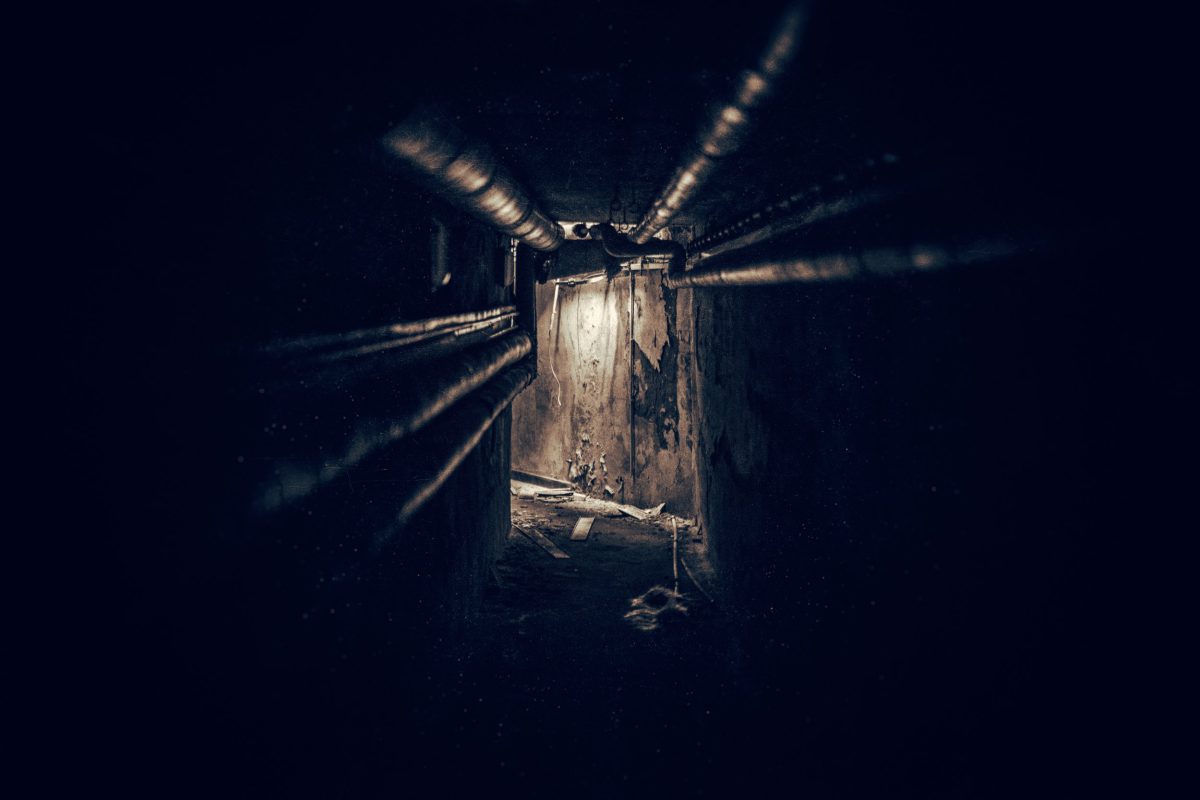When Is the Best Time to Have CIPP Done?

Photo by Denny Müller on Unsplash
CIPP repair is one of the best alternatives to traditional pipe repair. It’s a quick process that yields long-term results for all kinds of different pipes. How do you know when it’s the best time to repair your pipes with CIPP? CIPP repair is beneficial in most pipe repair cases.
CIPP Repair Overview
With CIPP, or cured in place pipelining, a pipe repair team starts with a flexible, resin-coated tube. They insert this tube into the existing pipe. Since the repair team can access the pipe through a manhole or other above-ground point, they won’t have to dig a trench and damage government or commercial property. So, when should you consider CIPP repair?
When You’ve Lost Water Pressure
The sudden loss of water pressure is often a sign of pipe damage. Leaks and root damage can cause some water to flow out of the pipes and into the ground before it reaches your building’s sinks and toilets. CIPP repair solves this water pressure problem. When the CIPP pipe seals itself to the host pipe, it blocks cracks, leaks, holes, and other types of damage.
When You Notice Flooding
Have you noticed any flooding near your building or in the basement? Then it might be time to consider CIPP repair. Sewage backup can cause water to pool in various places, causing potential health problems for anyone who has to work near them. CIPP repair clears the backup problem and prevents future issues.
When Your Building Has Old Pipes
You don’t have to wait until you experience a major problem before seeking CIPP repair. CIPP works really well as a preventative measure, especially if your building has an older pipe system. New pipes are generally strong and stable, but some older pipes are made out of materials that can corrode and rust. Some of the oldest buildings even have clay pipes. If you own or manage an older building, you’re probably working with a weakened pipe system. CIPP can help you avoid damage before it begins.
Still Not Sure?
If this is the first time you’re learning about CIPP repair, you probably want more information before you get started. The good news is that CIPP repair begins with a video camera inspection. When you hire the right CIPP repair team, they’ll explore the damaged pipes with a video camera, and then they’ll share the footage with you so that you can determine the best way to move forward. If you want to learn more about CIPP, feel free to visit our contact page. We’d love to hear from you and answer any questions you might have.